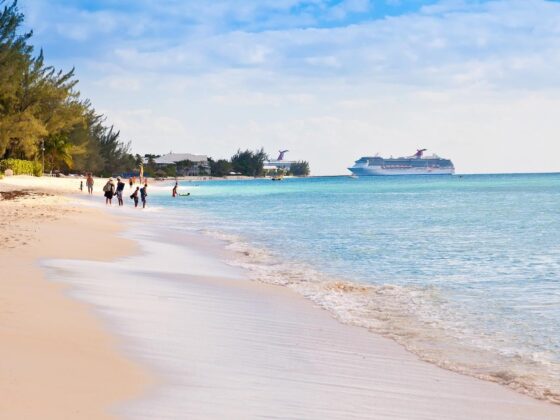Discover the groundbreaking Cayman Islands Climate Change Policy 2024-2050. Learn about key initiatives, goals, and strategies for a sustainable future in this comprehensive guide.
Ecosystems in the Cayman Islands
The ecosystems of the Cayman Islands are among the most diverse and valuable in the Caribbean. From coral reefs and seagrass beds to mangroves and wetlands, these natural systems provide essential services that sustain communities, protect coastlines, and drive the islands’ economy through tourism and fisheries.
However, ecosystems are under increasing pressure from climate change, pollution, overdevelopment, and invasive species. Protecting these natural systems is vital not only for biodiversity but also for the resilience and prosperity of the Cayman Islands.
This page compiles articles and insights on ecosystems in the Cayman Islands. It highlights conservation strategies, policy frameworks, and community efforts that ensure these natural resources thrive for generations to come.
Why Ecosystems Matter in the Cayman Islands
Healthy ecosystems are the backbone of life in the Cayman Islands. Coral reefs attract divers worldwide, mangroves protect shorelines, and wetlands support biodiversity and water quality. These ecosystems also play a role in climate adaptation by absorbing carbon and buffering against extreme weather.
The benefits of ecosystems include:
Tourism & Economy: Reefs and beaches drive tourism revenue.
Coastal Protection: Mangroves and reefs reduce storm damage.
Biodiversity: Unique species that enrich cultural identity.
Climate Resilience: Natural defenses against rising seas and hurricanes.
Community Wellbeing: Green spaces that improve quality of life.
Protecting ecosystems requires a blend of conservation policy, education, and sustainable practices. Development planning must balance growth with preservation to ensure long-term prosperity.
Related Articles on Ecosystems
Ecosystems and the Future of the Cayman Islands
The Cayman Islands’ future depends on healthy ecosystems. They underpin tourism, fisheries, and community safety. When ecosystems are degraded, risks multiply, from economic loss to greater vulnerability to climate disasters.
Ongoing initiatives such as coral restoration, mangrove protection, and wetland conservation demonstrate progress. Yet, stronger collaboration between government, businesses, and communities is needed to scale impact.
By prioritizing ecosystems, the Cayman Islands invest in sustainability, resilience, and cultural identity.

